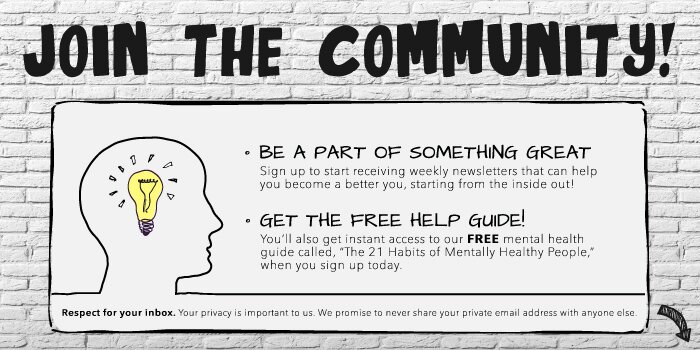Adolescents With Depression Need Better Follow up Care, Study Says
A study on adolescents with depression revealed some disturbing information: in many cases, follow-up care is inadequate.
The research was led by Briannon C. O’Connor, Ph.D., who completed the work while at New York University School of Medicine, New York, and who is now with Coordinated Care Services Inc., of Rochester, N.Y.
For the analysis, the research team examined routine care in three large health care systems. They assessed whether adolescents with newly identified depression symptoms received appropriate care in the three months following identification of the symptoms. Elements of the appropriate follow-up care included initiating antidepressant or psychotherapy treatment, having at least one follow-up visit, and symptom monitoring with a questionnaire.
While most adolescents with newly identified depression symptoms received some treatment within three months, some of them did not receive any follow-up care and a significant number of adolescents prescribed antidepressant medication did not have any documented follow-up care for several months, according to an article published online by JAMA Pediatrics.
The authors report that among 4,612 participants (average age 16 at the initial event and 66 percent female), treatment was initiated for 2,934 participants and most of them received psychotherapy alone or in conjunction with medications.
But, in the three months after symptoms were identified, 36 percent of adolescents received no treatment, 68 percent did not have a follow-up symptom assessment, and 19 percent did not receive any follow-up care. And, 40 percent of adolescents prescribed antidepressant medication did not have any follow-up care documented for three months.
The study had limitations, mainly surrounding its reliance on electronic health record data. It is possible that follow-up care was provided and simply not recorded, or that the primary care physician referred the patient to a specialist, which may not be discernible in that system.
The researchers said of the findings:
These results raise concerns about the quality of care for adolescent depression.
Regardless of treatment initiation, symptom monitoring is recommended.
Given the negative outcomes associated with untreated adolescent depression, greater attention to improving adherence to quality standards is warranted.
Major depression is a chronic and disabling condition that affects 12 percent of adolescents, with as many as 26 percent of young people experiencing at least mildly depressive symptoms. The prompt start of effective treatment is critical because failing to achieve remission of depression is associated with a higher likelihood of recurrent depression and more impaired long-term functioning.
Related Reading
Everything You Need to Know About Depression
Mental Illness Warning Signs in Children and Teenagers
Antidepressant Studies Corrupted by Pharmaceutical Company Influence, Analysis Shows



